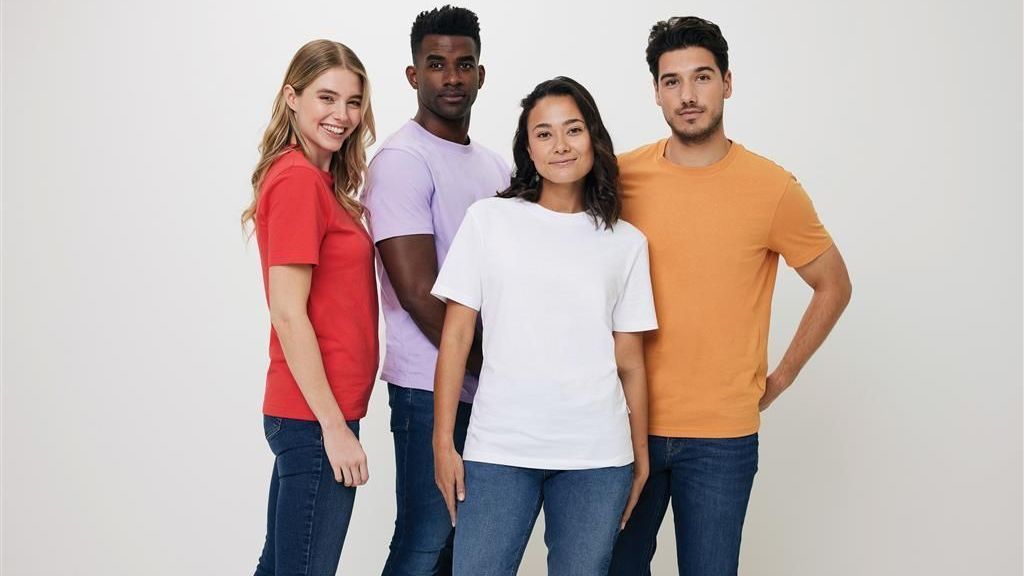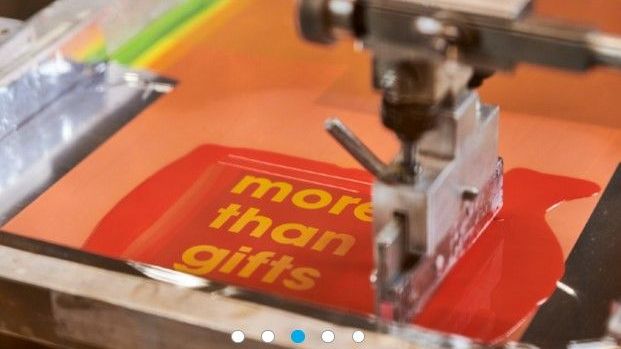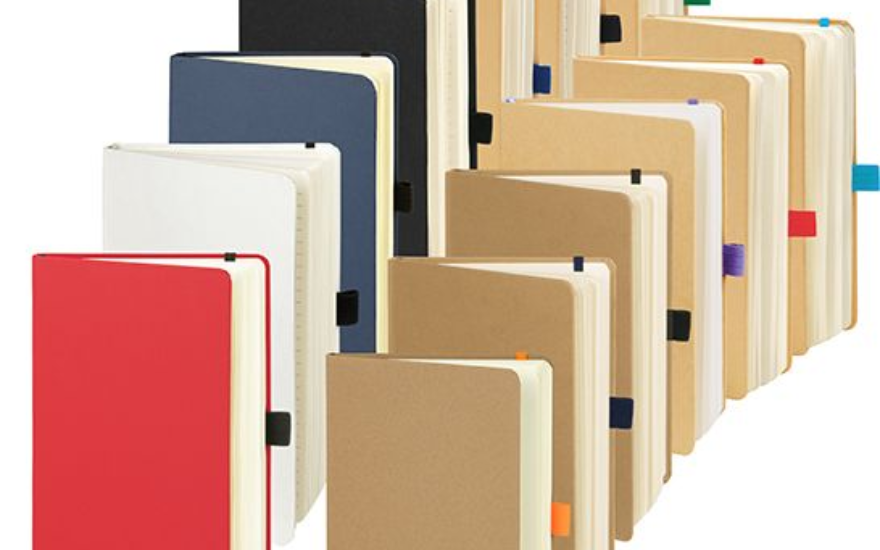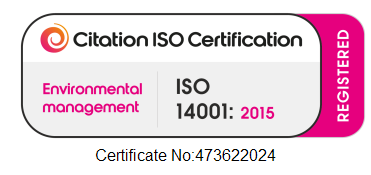Eco Promotional Products Material Guide: Hemp
5 July 2024
How Sustainable Is Hemp?

Hemp: The Responsible Choice
Hemp fabric has experienced a significant image makeover recently, as consumers and brands recognise its versatility, strength, and sustainability.
Hemp, the non-psychoactive cousin of marijuana, contains only trace amounts of cannabis's psychoactive component. This means the high you get from hemp fabric is a moral one, knowing you're wearing a more sustainable material. Despite its "boring" reputation, hemp's association with cannabis has tarnished its image over the years. Moreover, its historical link with grunge-style, baggy clothing hasn't helped its popularity.
However, hemp is redeeming its image, thanks to its undeniable potential. The environmental benefits of hemp cultivation, combined with its durable properties, allow it to be used in clothing and bags that are both stylish and comfortable.
What is Hemp?
Hemp has a long history as a fibre, used for thousands of years across the globe in clothing, ropes, and sails. The term “canvas” is believed to derive the same Latin route as that for “cannabis.” As a ‘bast’ fibre, hemp is derived from plant stems in a similar way to flax and jute. This fabric boasts natural advantages: it keeps you warm in winter, cool in summer, and provides UV protection.
Pure hemp fibre resembles linen in texture but can be blended with other plant-based fibres for additional softness and versatility. According to Textile Exchange, hemp fibres can be used to create a variety of fabrics, from jersey to denim to canvas.
Hemp's Sustainability
Hemp's nickname, "weed," reflects its rapid and dense growth, which outcompetes other plants and eliminates the need for herbicides. It also naturally reduces pests, minimizing pesticide use. Hemp replenishes the soil by returning 60-70% of the nutrients it takes and capturing carbon from the atmosphere.
Compared to cotton, hemp requires significantly less water—Textile Exchange notes that cotton uses about 50% more water per season than hemp. Including processing, cotton consumes over four times as much water as hemp. Additionally, hemp yields more fibre per hectare than cotton and can be integrated into crop rotations, enhancing soil health.
However, not all hemp is organic, and some farmers still use harmful fertilisers. It's essential to choose organic hemp and research brands thoroughly.
From Plant to Fabric
Hemp fabric is produced from the long fibres of the plant's stalk, separated through a process called "retting." These fibres are spun into thread and woven into fabric. While traditional methods from the early 1900s are being updated, modern production can involve environmentally intensive chemical processes. "Hemp viscose" often indicates harmful processing methods similar to regular viscose. Some companies use the less harmful Lyocell process, so it’s important to verify the production methods.
Transportation and dyeing also impact hemp's sustainability. Transporting bulky hemp to processing centres is energy-intensive, but localised supply chains can mitigate this. Dyeing techniques vary in their environmental impact.
Hemp and Promotional Products
Hemp fibre is highly durable so works well in products such as tote, drawstring or toiletry bags. The fibre takes dye really well and can be decorated by screen, transfer print or embroidery.
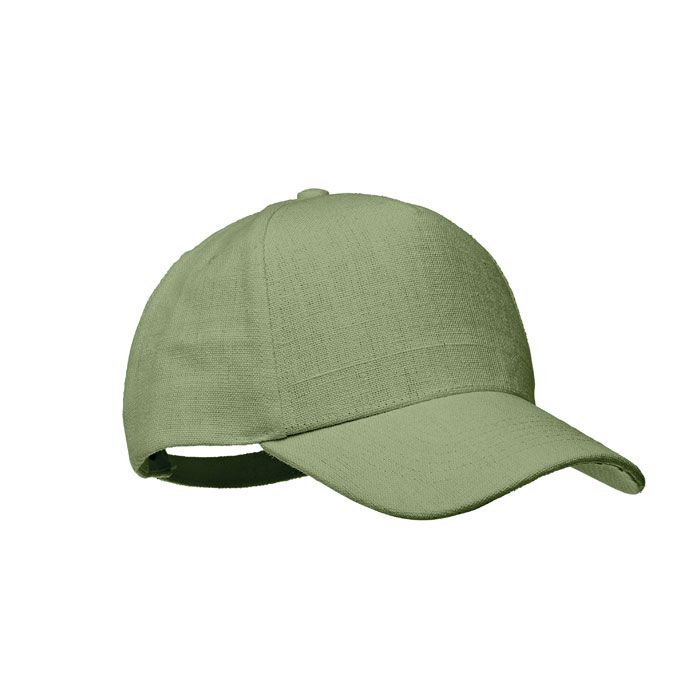

Hemp fibre is naturally UV resistant and breathable helping to reduce sweating for products such as baseball caps.
Conclusion
Hemp generally offers a more sustainable, lower-impact alternative for fabric production. Ensuring responsible manufacturing processes can further enhance its eco-friendliness, making hemp a compelling choice for sustainable promotional products

